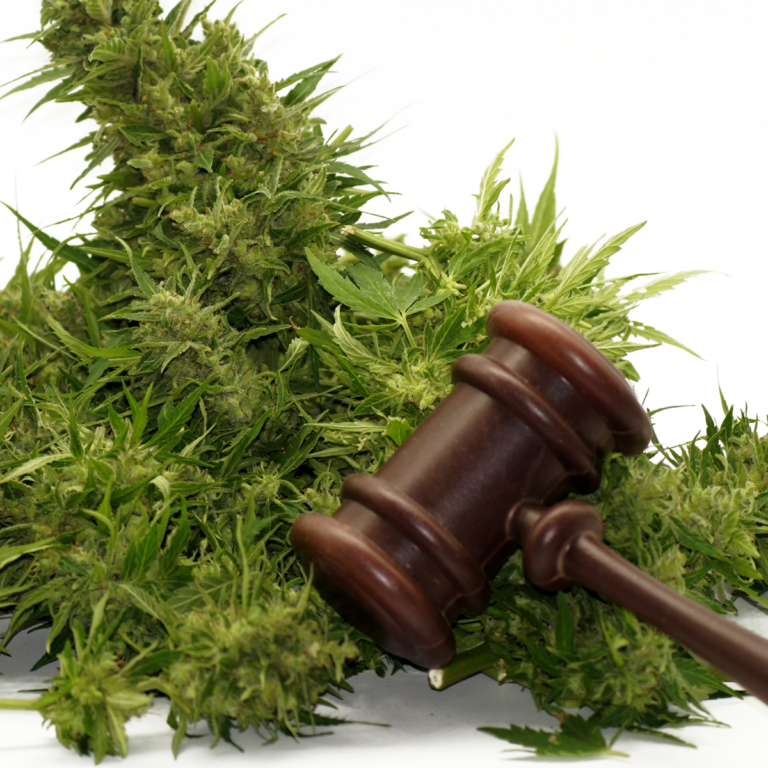CBD and THC’s Impact On The Brain
The research surrounding cannabinoids and how they impact our brains has been a fascinating niche of study for many years. As an influx of hemp biomass has become available, research has opened up new avenues and options for more in-depth studies. For instance, a recent study published by researchers in London observed the impact of CBD’s use in blunting the negative impact of THC on the brain.
According to the article published in the Journal of Psychopharmacology, “THC is the major psychoactive, addiction-promoting, and psychotomimetic compound, while CBD may have opposite effects. The brain effects of these drugs alone and in combination are poorly understood. In particular, the striatum is implicated in the pathophysiology of several psychiatric disorders, but it is unclear how THC and CBD influence striato-cortical connectivity.”

This line of questioning led researchers to observe the effects of THC, CBD, and a combination of the two on functional connectivity of striatal sub-divisions. Researchers used technology including Magnetic Resonance Imaging (fMRI) to observe the effects of CBD and THC on the brain. This technology was used in two studies that resulted in fascinating preliminary results.
As volunteers were being chosen for the first study, any test subjects with a current or past history of psychosis in themselves or a close family member were excluded. Those with any pre-existing medical conditions were excluded as well. In all, seventeen healthy individuals between the ages of 18 and 36 were chosen to participate in the study.
Though the study was small, it yielded interesting preliminary results. The subjects underwent a series of tests, including placebo-controlled, double-blind studies. According to the article, the THC and CBD were administered using a Volcano Medic Vaporiser and inhalations were held for eight seconds each.
The second study consisted of twenty-eight healthy participants, with twenty-three completing the study all the way through. These participants ranged between the ages of 19 and 36, and no participants had evidence of alcohol or nicotine dependence. Much like the first study, the testing panel was small but yielded interesting results.
Results of the studies found that THC strongly disrupts striato-cortical networks, however, CBD has an alternative impact. According to the Journal of Psychopharmacology article, “Oral CBD administered has a more complex effect profile of relative increases and decreases in connectivity. The insula emerges as a key region affected by cannabinoid-induced changes in functional connectivity, with potential implications for understanding cannabis-related disorders, and the development of cannabinoid therapeutics.”
The influx of hemp biomass on the market helps research teams around the globe find the information they need for studies like the one featured in the Journal of Psychopharmacology. To research individual cannabinoids, a large quantity of biomass is needed to adequately perform the studies and trials. At the time of this writing, hemp biomass is more readily available than legal marijuana biomass. Both variants of the cannabis plant share the same cannabinoids, though in varying quantities. Factors such as strain, growing conditions, and other variables also play a role in cannabinoid presence in all cannabis plants.
While the results of both studies are still considered preliminary, they open a new pathway for more in-depth research with wider trials. CBD and THC are becoming more and more common as regulations and laws change both on a federal and state level. As cannabinoid specific products become a more popular niche within both the hemp and marijuana industries, knowing how they impact our bodies and minds is important. It is studies like the ones highlighted in the Journal of Psychopharmacology that broaden and enhance our understanding of how cannabinoids ranging across the spectrum can be used to enhance our way of life.





